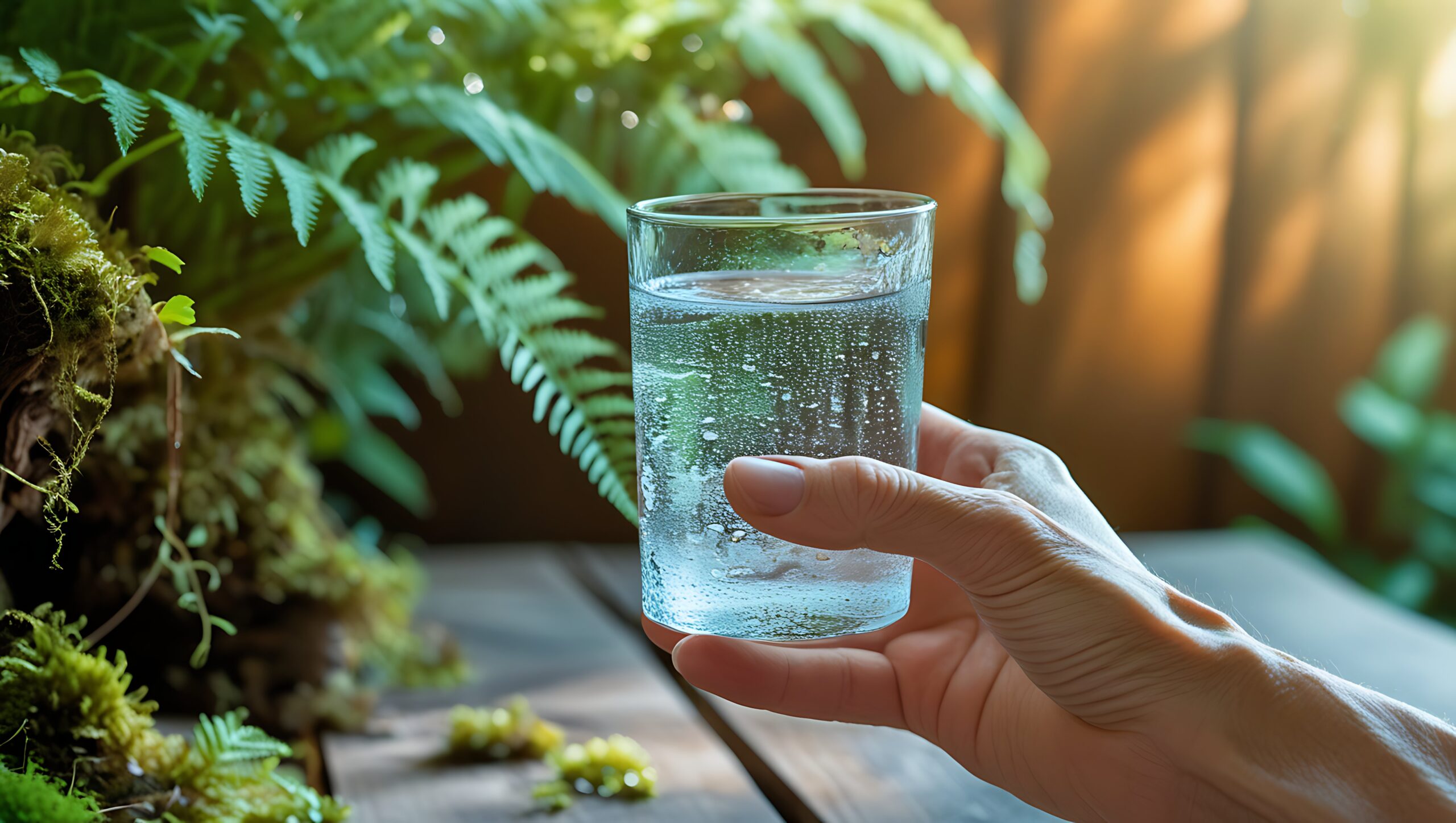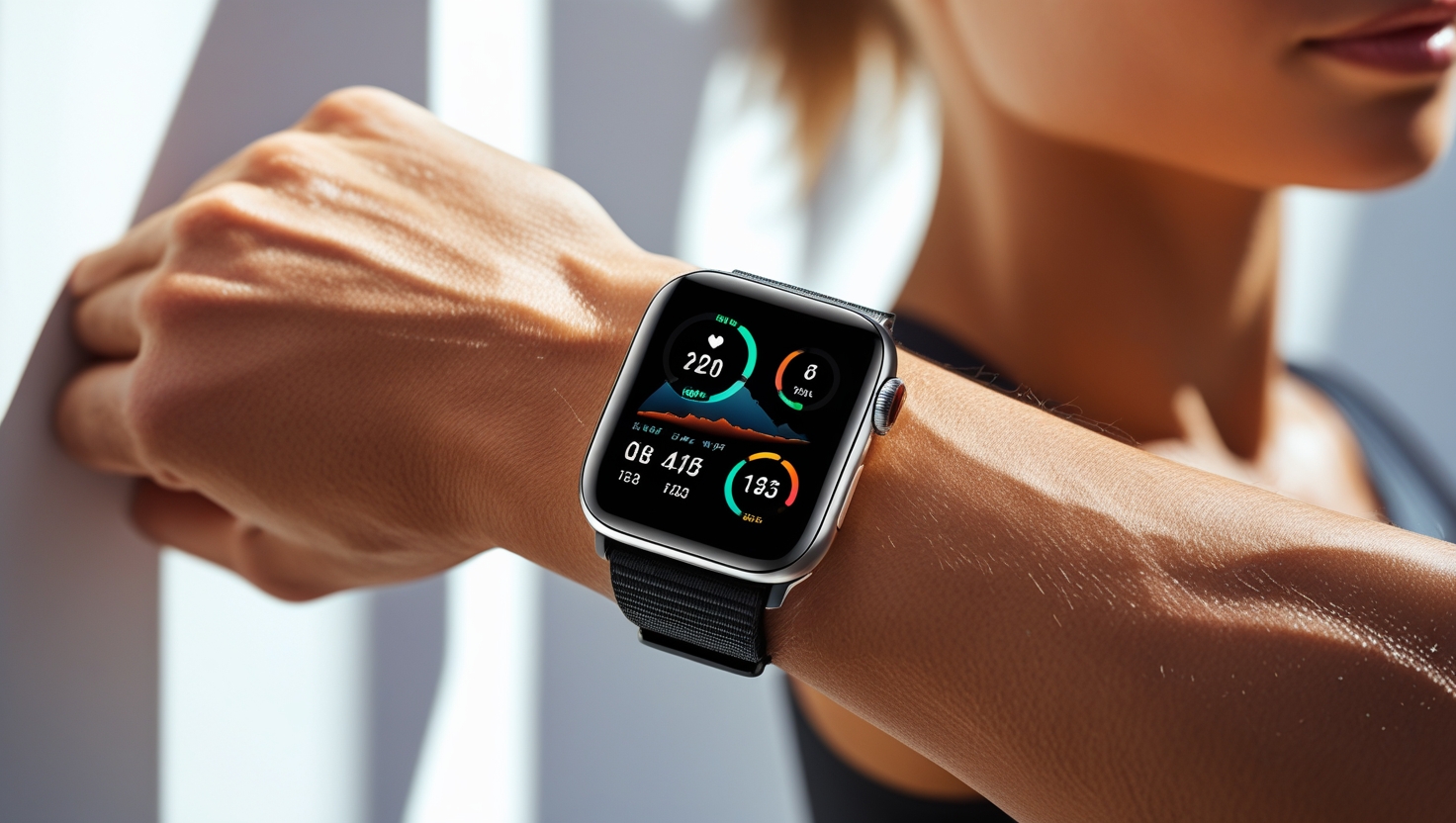Top 10 Common Health Myths Debunked
Myth #1: You Need to Drink 8 Glasses of Water a Day
The “8 glasses of water” rule is a guideline, not a necessity. Hydration needs vary from person to person depending on age, activity level, and climate. The key is to listen to your body and drink when thirsty. Water intake can also come from food and beverages like fruits and vegetables, tea, and soup.
Myth #2: Eating Fat Makes You Fat
Fat is an essential nutrient that your body needs to function properly. It helps with brain function, supports cell growth, and provides energy. It’s the type of fat that matters, with unsaturated fats found in foods like avocados, nuts, and olive oil being beneficial for your health, while trans fats found in processed foods should be avoided.
Myth #3: You Should Never Eat After 8 PM
There’s no magic cutoff time for eating. It’s not when you eat, but what and how much you eat that matters. Late-night snacking can be part of a healthy eating plan if you’re mindful of your food choices and portion sizes. The key is moderation, not timing.
Myth #4: You Can Catch a Cold from Being Cold
Cold weather doesn’t directly cause illness. While it’s true that we tend to gather indoors more during colder months, where viruses spread more easily, it’s the germs, not the temperature, that cause colds. Protecting yourself from exposure to germs is the best way to avoid getting sick.
Myth #5: All Carbs Are Bad for You
Not all carbohydrates are created equal. Refined carbs found in sugary snacks and white bread can spike blood sugar levels, while complex carbs from whole grains, fruits, and vegetables provide essential nutrients and fiber. The focus should be on the quality and source of carbs rather than avoiding them altogether.
Myth #6: You Need to Detox Regularly
Your body has its own detoxification systems through the liver, kidneys, and digestive system. A balanced diet and hydration help these organs function effectively. The idea of “detox diets” is often marketed without scientific backing, and your body is perfectly capable of cleansing itself naturally.
Myth #7: You Should Avoid All Dairy
Dairy is a rich source of calcium, protein, and essential vitamins. Unless you have an allergy or lactose intolerance, moderate dairy consumption can be part of a healthy diet. Opting for low-fat or plant-based alternatives can provide similar nutritional benefits without the saturated fats in whole dairy products.
Myth #8: You Can Spot-Reduce Fat
Spot reduction is a common myth, suggesting you can target fat loss in specific areas of the body through exercise. In reality, fat loss occurs evenly throughout the body, and targeted exercises can strengthen and tone muscles, but they won’t necessarily reduce fat in a specific area. A combination of cardio, strength training, and a balanced diet is key to overall fat loss.
Myth #9: You Should Avoid All Sugars
While excessive sugar intake, particularly from processed foods, can lead to health problems like obesity and type 2 diabetes, not all sugars are harmful. Natural sugars in fruits, vegetables, and dairy provide essential nutrients and are an important part of a balanced diet.
Myth #10: If You’re Thin, You’re Healthy
Being thin doesn’t automatically mean you’re healthy. Health is not determined by body weight alone but by factors like diet, exercise, mental health, and lifestyle. Someone may appear thin but have underlying health issues, while someone with a higher weight may be active, eat well, and have good cardiovascular health.




